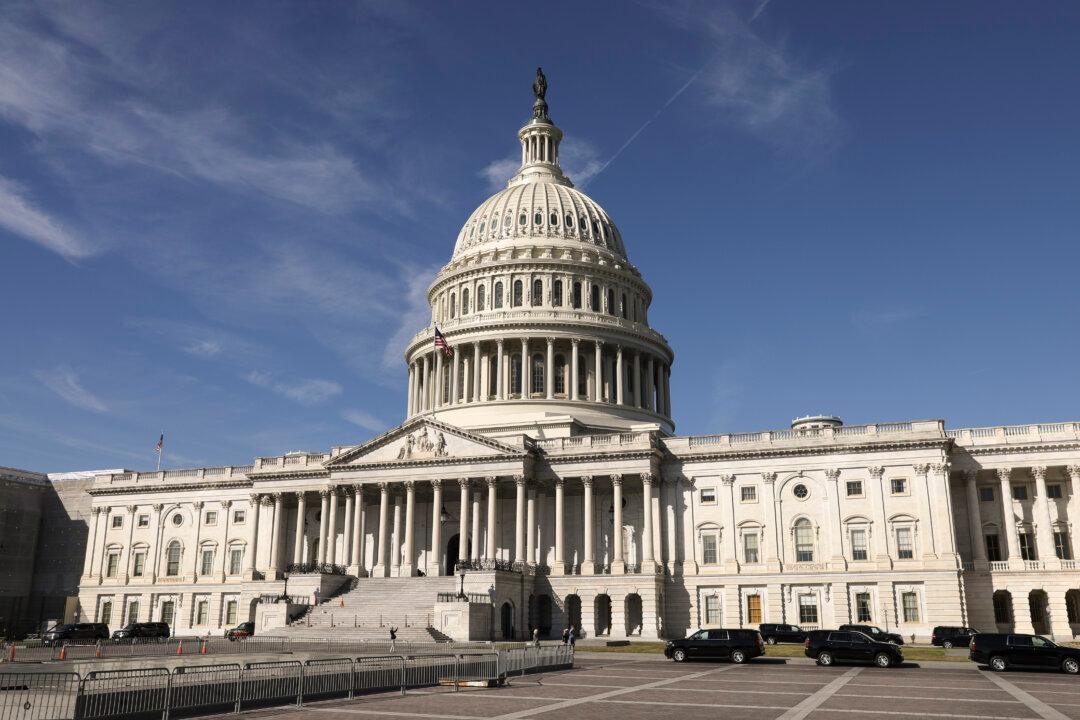WASHINGTON—Lawmakers have raised concerns that a budget deal may not be reached for fiscal year 2020 if the current disagreements between Republicans and Democrats remain.
Congress and President Donald Trump have until the end of Dec. 20 to approve a spending package. Another continuing resolution (CR), which is a short-term spending measure, may be needed to keep U.S. government agencies open beyond the deadline if lawmakers fail to resolve their differences.





